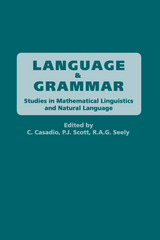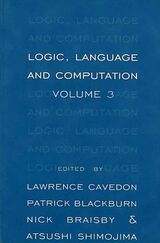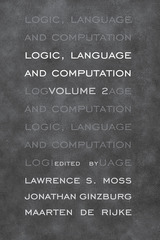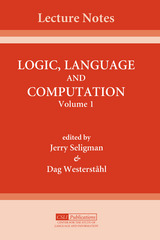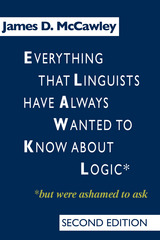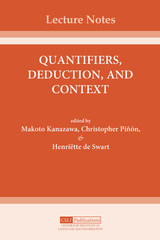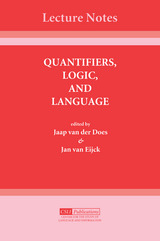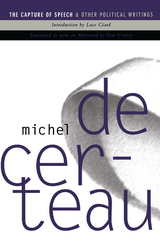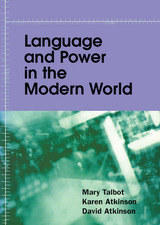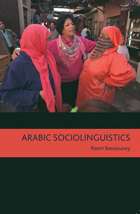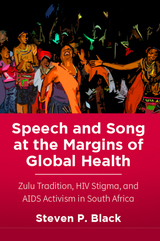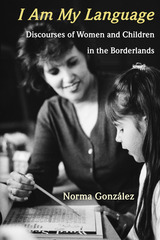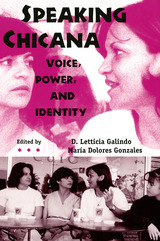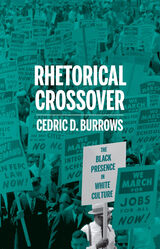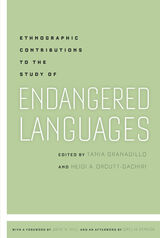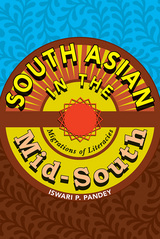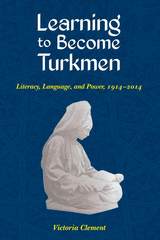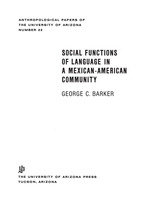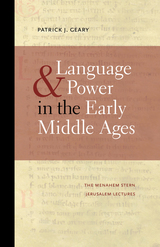Paper: 978-0-87840-369-1
Library of Congress Classification P40.T749 2002
Dewey Decimal Classification 306.44
This selection of Peter Trudgill's major works since 1988, appearing here in updated and revised form, reveals major recurring themes in his work on linguistic diversity. This book evinces his deep concern that the world's linguistic diversity is diminishing at an alarming rate. The linguistic future is likely to be very different from the past, because increased language contact among peoples will result in the creation of fewer new languages to balance the language deaths. The essays here manifest Trudgill's conviction that linguists must make every effort to study minority languages and dialects before they vanish. The book also demonstrates his sense of the obligation that linguists have to educate the public about why linguistic diversity is valuable.
The book deals with a number of specific but related topics. One area is the role of English in the world, and the nature of Standard English or Englishes. Another is language as a human issue, reflecting the author's concern that the results of sociolinguistic research should be made available to assist, wherever possible, with the solution of educational and other real-world problems. A third focus is on the problematic and interconnected relationships among nation and language and dialect, but, unlike the work of most other writers in this field, this book looks closely at the linguistic characteristics of the varieties concerned. The final major emphasis is on sociohistorical linguistics: in particular, the relationship between colonial and motherland varieties of English; dialect contact and language contact; and the sociolinguistically informed dialectology of linguistic theory, linguistic description, and the applications of linguistics. The major overall unifying theme of the book is linguistic variation and, as the diachronic outcome of linguistic variation, linguistic change.
See other books on: Change | Language and languages | Languages in contact | Sociolinguistics | Variation
See other titles from Georgetown University Press


